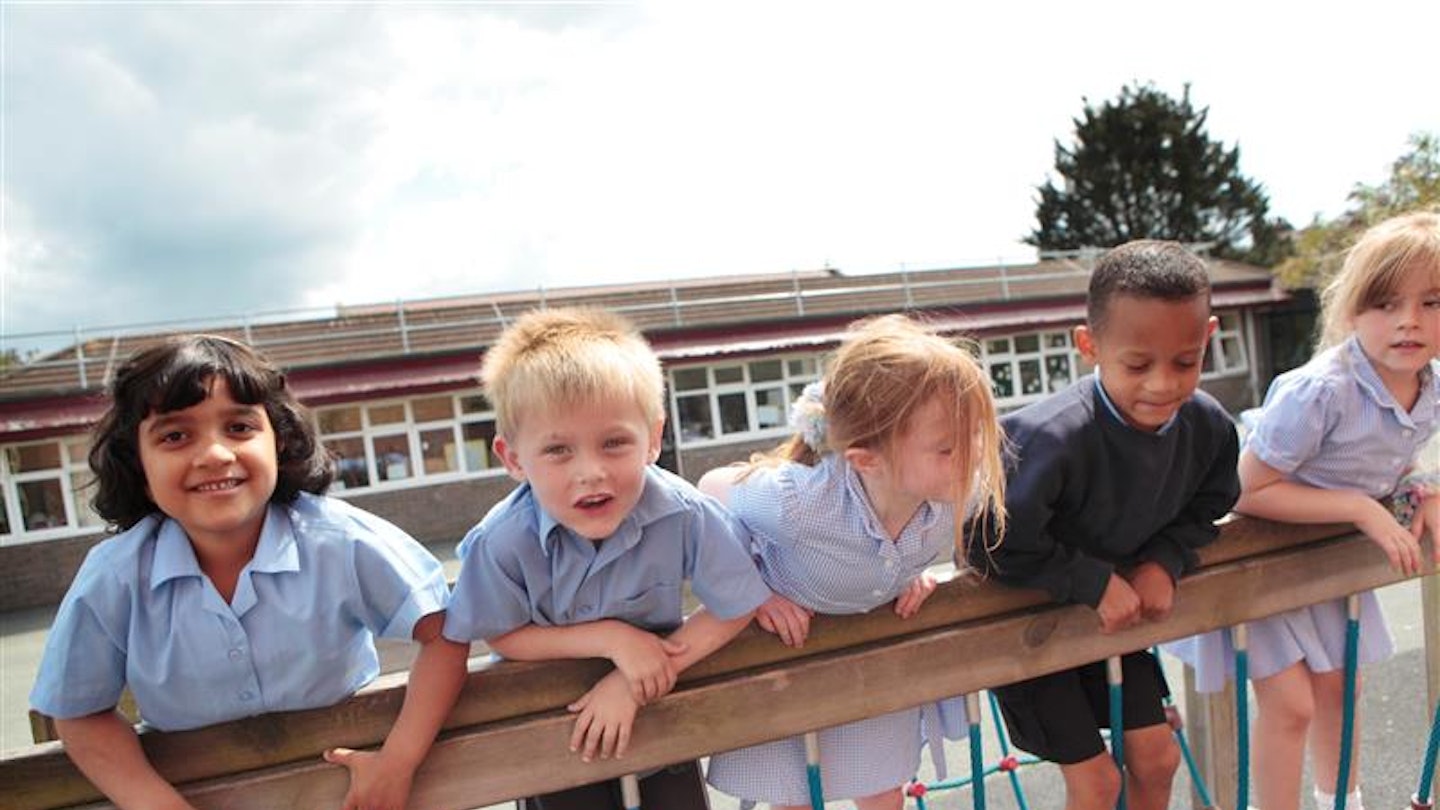After almost two years of stop-start lockdowns, mandatory testing, and isolation rules, Boris Johnson is lifting all Covid restrictions this week in a bid to move towards his living with covid plan.
However, Unison, Unite and GMB unions, who represent teachers, warn the new guidance could leave parents unsure about whether to send their children to school. So what are the new rules? Here’s everything we know so far…
Do school children need to keep testing for Covid?
From 21st February, twice weekly testing in mainstream schools will no longer be advised. Secondary-school pupils and those in SEND (special educational needs and disability) settings, may be advised to continue testing. SEND pupils whose close contacts test positive should be contacted by their school to agree the most appropriate route for testing.
Children under 5 whose close contacts test positive do not need to take regular tests but are advised to take a PCR test if the positive case is in their household.
In the case of an outbreak of covid cases, schools and nurseries may be advised by their local public health teams to begin regular testing again. However, primary school age children (and younger) won’t need to test if they’re asymptomatic, according to the new guidance.
Will children have to go to school if they test positive?
The legal requirement for anybody to self-isolate after a positive Covid test ends on Thursday 24th February. However, pupils and teachers who test positive will be advised to stay at home for at least five days after a positive test until they test negative on two consecutive days. There’s no legal requirement to do this, with the Prime Minister saying the new rules move from ‘government restrictions’ to ‘personal responsibility.’
Professor Sir Chris Witty, the government’s chief medical officer, has said of the new rules: ‘As we look at the next weeks, we still have high rates of Omicron and I would urge people in terms of public health advice, and this is very much the government's position, that people should still if they have Covid try to prevent other people getting it and that means self-isolating.
‘So, that is the public health advice. It would have been the public health advice, and will be the public health advice, for multiple other diseases.’ Professor Whitty also advised schools and pupils use ventilation, hand-washing and face coverings, in enclosed spaces with large numbers of people, where possible to help prevent the spread of covid.
If a parent tests positive for covid can the child go to school?
Yes. Children aged between 5 and 18 whose close contacts test positive are advised to take a lateral flow test (LFT) every day for seven days and keep attending school as usual.
Will children need to wear masks to school?
Face coveringsare no longer advised for pupils, staff or visitors to classrooms or communal areas of schools. However, they should follow wider advice on masks outside of school, for example, on public transport or the school bus.
Will all schoolchildren still receive free tests?
No. From April 1st, free tests will end for the general public whether they have covid symptoms or not. Only the elderly and most vulnerable will receive free tests.
However, the decision to scrap free testing has been criticised by the unions, and the GMB’s Avril Chambers has said: ‘The prime minister needs to act responsibly. He must leave free tests and isolation requirements in place until there is scientific evidence that they no longer serve a purpose.’
